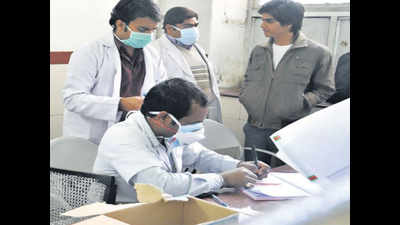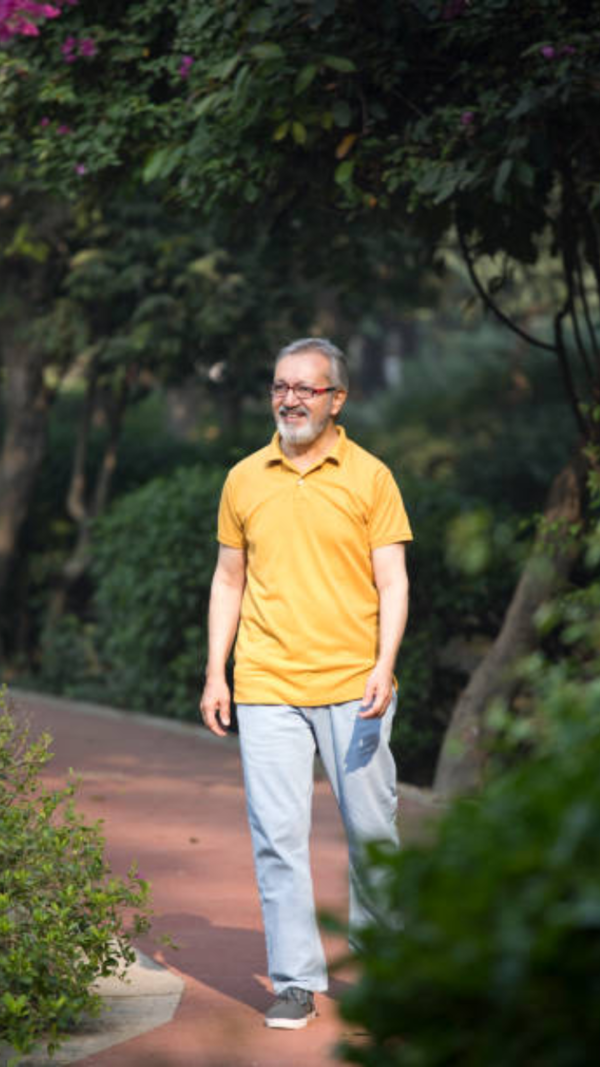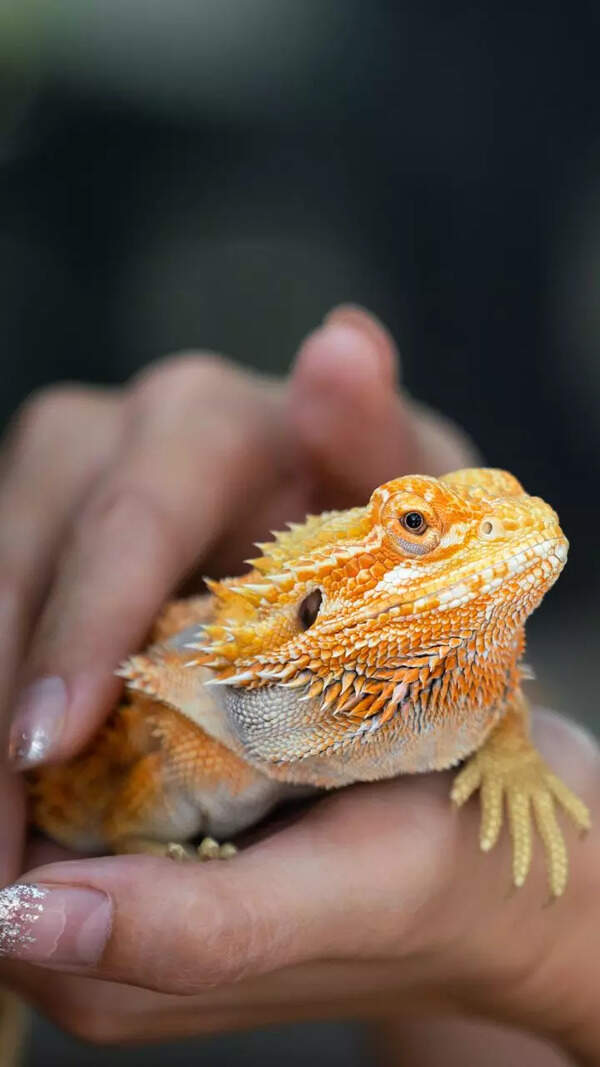- News
- City News
- bengaluru News
- 2 suspected Nipah cases negative; samples of one more to be tested
Trending
This story is from May 25, 2018
2 suspected Nipah cases negative; samples of one more to be tested
In much relief to those worrying about the deadly Nipah virus spreading to Karnataka from neighbouring Kerala, both suspected cases of the virus reported from Dakshina Kannada have tested negative, officials from the Directorate of Health and Family Welfare Services (DHFWS) said on Thursday.

The two patients — a 20-year-old woman, who is pursuing a nursing internship in a hospital in Kozhikode, where a member of the nursing staff died due to Nipah infection, and a 75-year-old man who complained of breathlessness — were admitted to different hospitals in the district and are now recovering.While the woman’s sample tested negative for Nipah (NiV), the man’s sample was not tested as his “case history didn’t match with the guidelines”.
TimesView
The key to containing an outbreak such as Nipah from spreading is in detecting it early. It is precisely what doctors and scientists working in Kozhikode in Kerala have done, and that has helped keep Karnataka — and the rest of the country — free of the virus. The swift, coordinated action of health officials in the districts has also been exemplary in the manner in which they have taken precautions to ensure suspected cases are quickly quarantined and tested. It is now up to people to desist from exacerbating the situation by spreading panic and forwarding dodgy cures.
Sasikanth Senthil, Dakshina Kannada DC, said throat swabs of the woman were sent to Manipal Centre for Virus Research (MCVR) on Tuesday. “There is no risk of contracting Nipah virus in Dakshina Kannada district,” Senthil said. “We are in touch with doctors of all government and private hospitals in the district. Not a single case has been reported. Don’t believe and forward messages on social media on the virus unless it is confirmed by the district administration.”
The other suspected Nipah case is in Gadag and Dr Suresh Shastri, in-charge joint director, DHFWS, said samples were taken only on Thursday and a report will be available in a couple of days. “The patient is stable” he said.
Meanwhile, in Bengaluru, K A Dayananda, deputy commissioner (Bengaluru Urban), met with officials from different departments and representatives of medical colleges and major hospitals from across the city and discussed ways to tackle suspected Nipah cases as well as vector-borne diseases such as chikungunya, malaria and dengue.
Doctors were asked to report suspected cases of Nipah — correlating to the guidelines — to the district surveillance officer (DSO), Bengaluru Urban, immediately. They were also asked to advise staff to follow universal precautions and teach patients ‘hand-wash’ techniques. Additionally, private institutions were also advised not to send staff to their native places for now.
Since Bengaluru has several thousand people arriving from Kerala every day, the district health officer (Bengaluru) said all major hospitals have been ordered to prepare an isolation ward.
“Those patients who have suggestive symptoms, or who have been in contact with people from Kerala in the past 10 to 15 days, should be watched very carefully,” Dayananda said.
The Bruhat Bengaluru Mahanagara Palike (BBMP) has also taken precautions. In a release, the Palike said it had asked all private and government hospitals to report Nipah cases to the health department immediately.
Urging the public to dial 104 in case they suspect a case, the Palike said: “Zonal health officers have been told to arrange for ICU and emergency casualty treatment facilities in hospitals, to deal with suspected cases. Zonal officers should also receive training on Nipah, so that they can spread awareness about the virus.”
End of Article
FOLLOW US ON SOCIAL MEDIA










